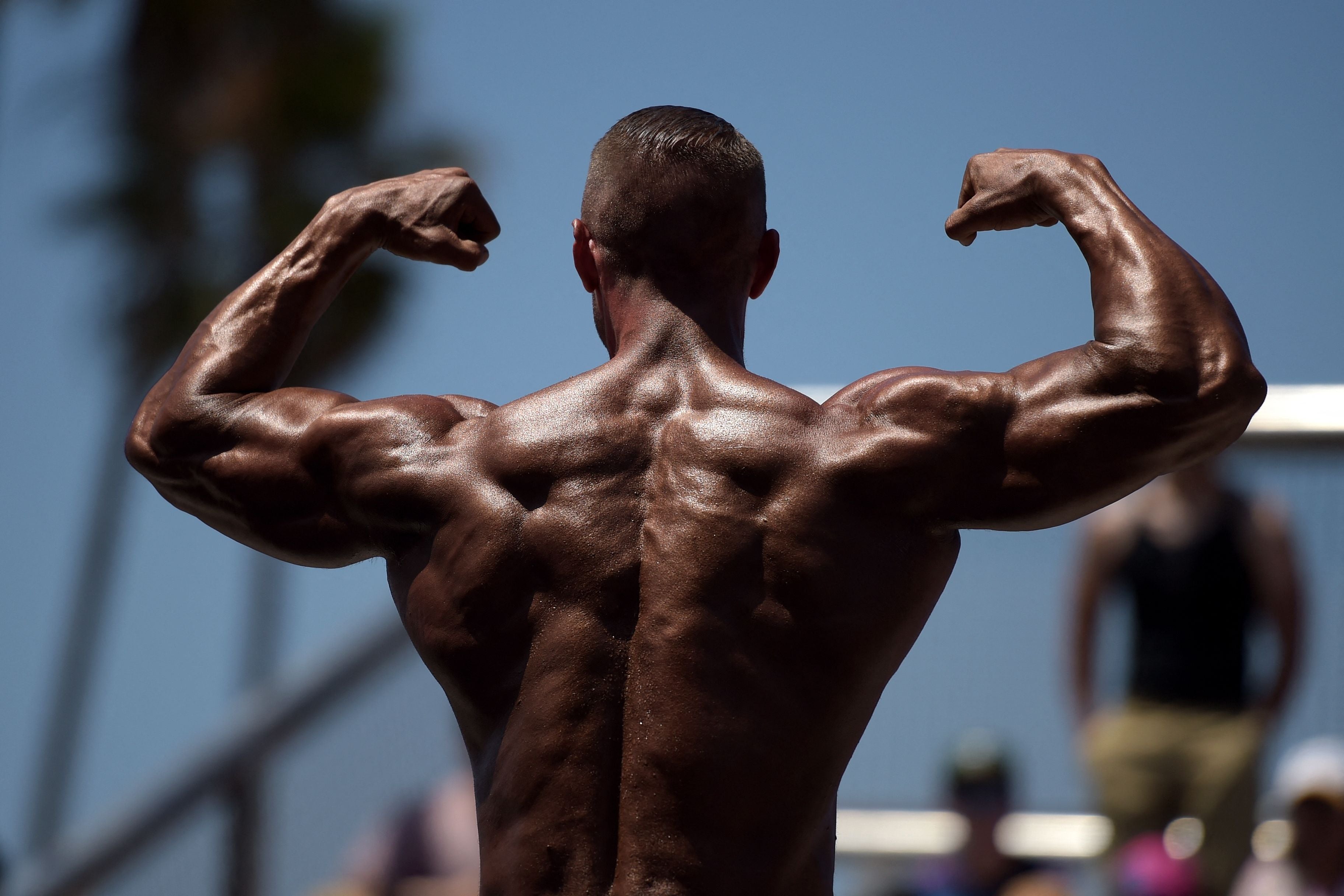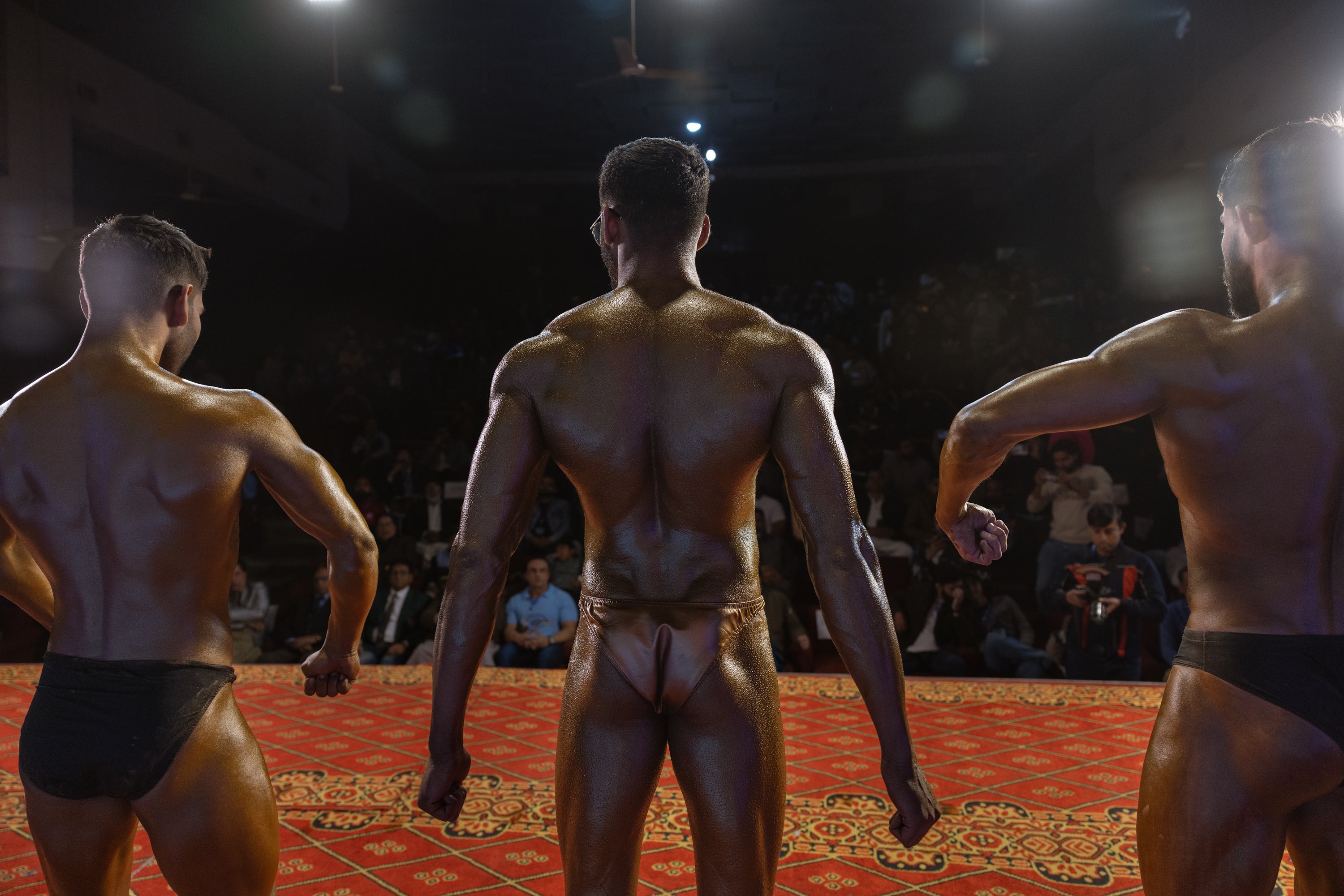ARTICLE AD BOX
Male bodybuilders are facing a high risk of sudden death from heart problems, scientists warn in a new study.
The research, published on Wednesday in the European Heart Journal, highlights the health risks associated with professional bodybuilding and calls for greater awareness and preventive strategies within this community.
Sudden cardiac death is when someone dies unexpectedly due to a heart problem and is generally rare among young individuals.
However, the new study found that the condition kills an unusually high proportion of male bodybuilders, including young ones, with professional ones at the highest risk.
In the study, an international team of researchers looked for reports of deaths among 20,286 male bodybuilders who had competed in at least one bodybuilding event between 2005 and 2020, and had these reports verified by doctors.

They particularly looked for reports of deaths of any of these named competitors in five different languages across different web sources, including official media reports, social media, bodybuilding forums and blogs.
Reported deaths were then cross-referenced using multiple sources and verified and analysed by doctors to establish the cause of death.
Overall, researchers found 121 deaths among the over 20,000 professional bodybuilders, with the average age at death of 45 years.
Cardiac death accounted for nearly 40 per cent of these 121 mortalities, according to the study.
Professional bodybuilders experienced a fivefold greater risk of cardiac death compared to amateurs, scientists found.
Autopsy reports of some of the deceased bodybuilders that were available showed signs of thickening or enlargement of the heart and coronary artery disease.
Some also seemed to have abused anabolic substances, researchers found.
“Bodybuilding involves several practices that could have an impact on health, such as extreme strength training, rapid weight loss strategies including severe dietary restrictions and dehydration, as well as the widespread use of different performance-enhancing substances,” study co-author Marco Vecchiato said.

These practices place significant strain on the heart and may lead to structural changes over time, researchers warned.
“Professional athletes had a markedly higher incidence of sudden cardiac death, suggesting that the level of competition might contribute to this increased risk,” Dr Vecchiato said.
“The risk may be greater for professional bodybuilders because they are more likely to engage intensively in these practices over prolonged periods and may experience higher competitive pressure to achieve extreme physiques,” he explained.
Scientists call for proactive heart screening and counselling among bodybuilders, “even in young and apparently healthy athletes”.
“For bodybuilders, the message is clear: while striving for physical excellence is admirable, the pursuit of extreme body transformation at any cost can carry significant health risks, particularly for the heart,” Dr Vecchiato said.
“Awareness of these risks should encourage safer training practices, improved medical supervision, and a different cultural approach that firmly rejects the use of performance-enhancing substances,” he said.
The findings highlight the need for a cultural shift in bodybuilding, including stronger anti-doping measures and education campaigns about the risks of drug abuse.
About 15 per cent of the 121 deaths assessed in the study were categorised as “sudden traumatic deaths”, including car crashes, suicides, murders and overdoses.
“These findings underline the need to address the psychological impact of bodybuilding culture,” scientists concluded.









 English (US) ·
English (US) ·